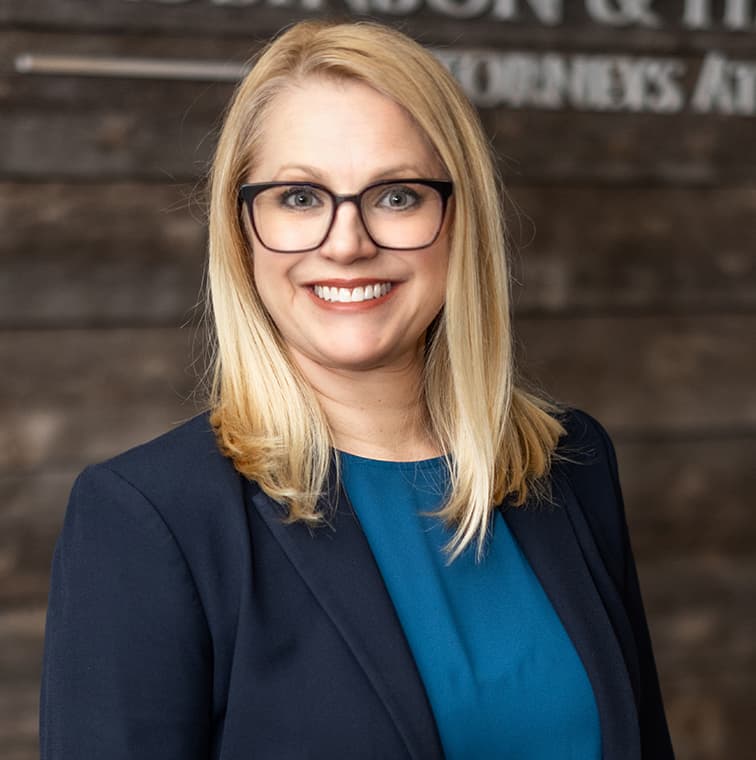Can Medicaid Take My Loved One’s Home After They Pass Away?


The Medicaid Estate Recovery Program tries to get back some or all of the financial assistance it gave your loved one when they entered a long-term care facility. There are instances, however, when the state will not try to recover funds for Medicaid. We’ll discuss these exceptions in this article and how you can avoid losing your loved one’s home to Medicaid.
Get Help with a Medicaid Issue
If you need help with a Medicaid matter, call (720) 815-7051 to set up a case assessment or schedule online when you click here.
What is the Colorado Medicaid Estate Recovery Program?
The Medicaid Estate Recovery Program allows the state to seek reimbursement of medical costs that it paid for Medicaid recipients from the estate of a deceased Medicaid recipient.
To receive Medicaid, people typically have to spend down their assets. As a result, they do not have a lot of assets left to go to probate.
Can the Medicaid Estate Recovery Program Take my Loved One’s House?
The Medicaid Estate Recovery Program often comes up with a primary residence. During the Medicaid application process, the primary residence can be excluded as an asset. However, upon death, if it goes into the probate estate, the state can seek reimbursement for the medical assistance that they provided to the deceased Medicaid recipient.
When Medicaid Will Not Seek Reimbursement
There are a few exceptions where the Medicaid Estate Recovery Program will not seek reimbursement against your loved one’s estate.
Someone is Living in the Home
If there is a surviving spouse living in the primary residence of the deceased Medicaid recipient’s home, the state will not try to take the house for reimbursement.
Other Exceptions:
If the decedent’s adult sibling lived with them for at least one year prior to them going into the nursing home and has lived there continuously since.
An adult child lived with the Medicaid recipient for at least two years prior to their entry into a nursing home and their care allowed the delay of nursing services. The adult child must also have continued to live in the home since the Medicaid recipient went into the nursing home.
How to Avoid the Medicaid Estate Recovery Program
People often ask how they can avoid the Estate Recovery Program. That typically takes long-term planning.
You need to start evaluating how you will handle your assets at least five years before you would apply for Medicaid. Why? Medicaid performs a five-year look back.
So if you’re going to transfer any property or conduct any long-term planning, you need to do it five years before you apply for Medicaid. There are, however, options for transferring property, such as into an irrevocable trust to help avoid the Estate Recovery Program upon death.
Find Out How to Avoid the Medicaid Estate Recovery Program
If you or your loved one anticipates needing nursing home care in the future, you may benefit from Medicaid planning. Our Estate Planning Team can help you create a plan that protects your estate.
Schedule a case assessment with one of our estate planning attorneys when you call (720) 815-7051. You can also set up that meeting online when you click here.